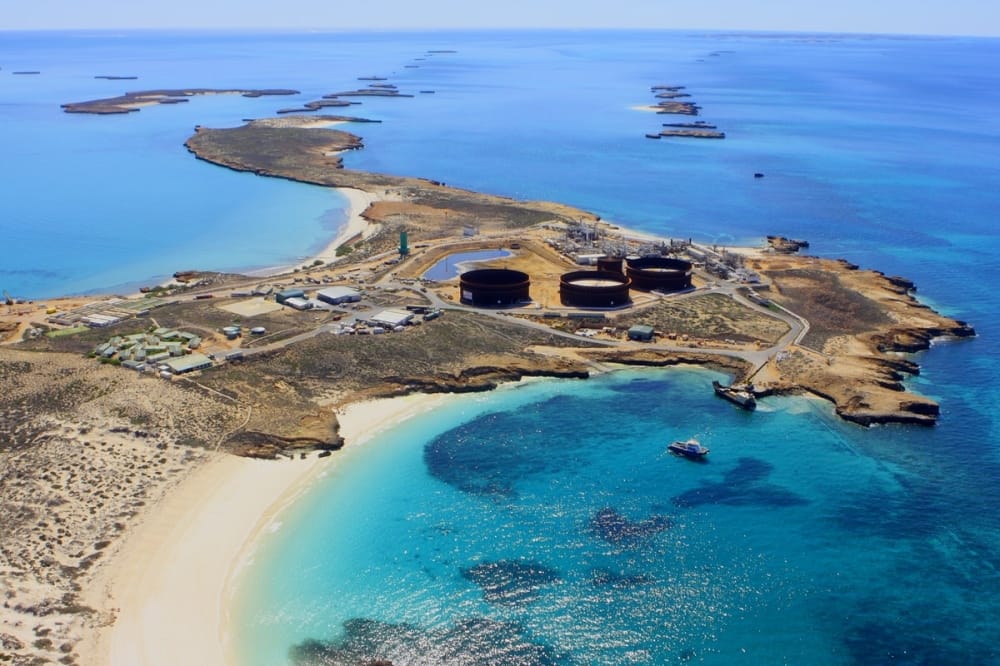Good morning and welcome to The Closer, the newsletter all about deals. It’s Monday, June 16, 2025 and a state-owned energy giant is testing Australia’s limits with a record-breaking bid, central banks from Washington to Tokyo prepare to reset (or hold) their course, and surprise expansions—from steel to server farms—signal that corporate strategists aren’t taking a summer vacation. Buckle up: major takeovers, policy twists, and maybe a curveball or two are on the radar.
(Don't miss the Negotiation Nugget at the bottom: this week it's all about the power of open-ended questions).
Deal Radar
ADNOC’s $18.7 B Bid for Santos – Quick Take: Abu Dhabi’s state oil company (ADNOC) shocked the LNG world with an all-cash offer for Australia’s Santos at a 28% premium to the last close. Santos’s board signaled support, but the market’s lukewarm reaction (shares up only 11%) shows skepticism over political and regulatory hurdles.
Longer Take: If successful, the deal (led by ADNOC’s new XRG arm) would be the largest all-cash buyout in Australian history, handing ADNOC control of critical LNG hubs in Queensland and Darwin plus prized stakes in Papua New Guinea projects. It’s a bold bid to fast-track ADNOC’s global gas ambitions, but it pokes a sensitive nerve: Santos operates “significant critical energy infrastructure” in Australia. Canberra’s FIRB and other regulators must bless the takeover, and analysts warn that won’t be easy. ADNOC has pre-emptively pledged to keep Santos’s HQ and assets locally based to soothe concerns. Still, Australia’s treasurer called it “a big decision,” and with foreign state-backed money on the table, national interest tests loom large.
Bottom line: ADNOC is dangling a rich offer to grab Asia-Pacific LNG assets where future demand lies, but expect a fraught approval process. The modest stock jump suggests investors see real risk of a political “no,” or at least a slog to closing. In an era of resource nationalism, this will be a defining test of how far Australia (and its allies, including a necessary U.S. nod via CFIUS) are willing to go in allowing strategic energy assets to slip under foreign state control.






